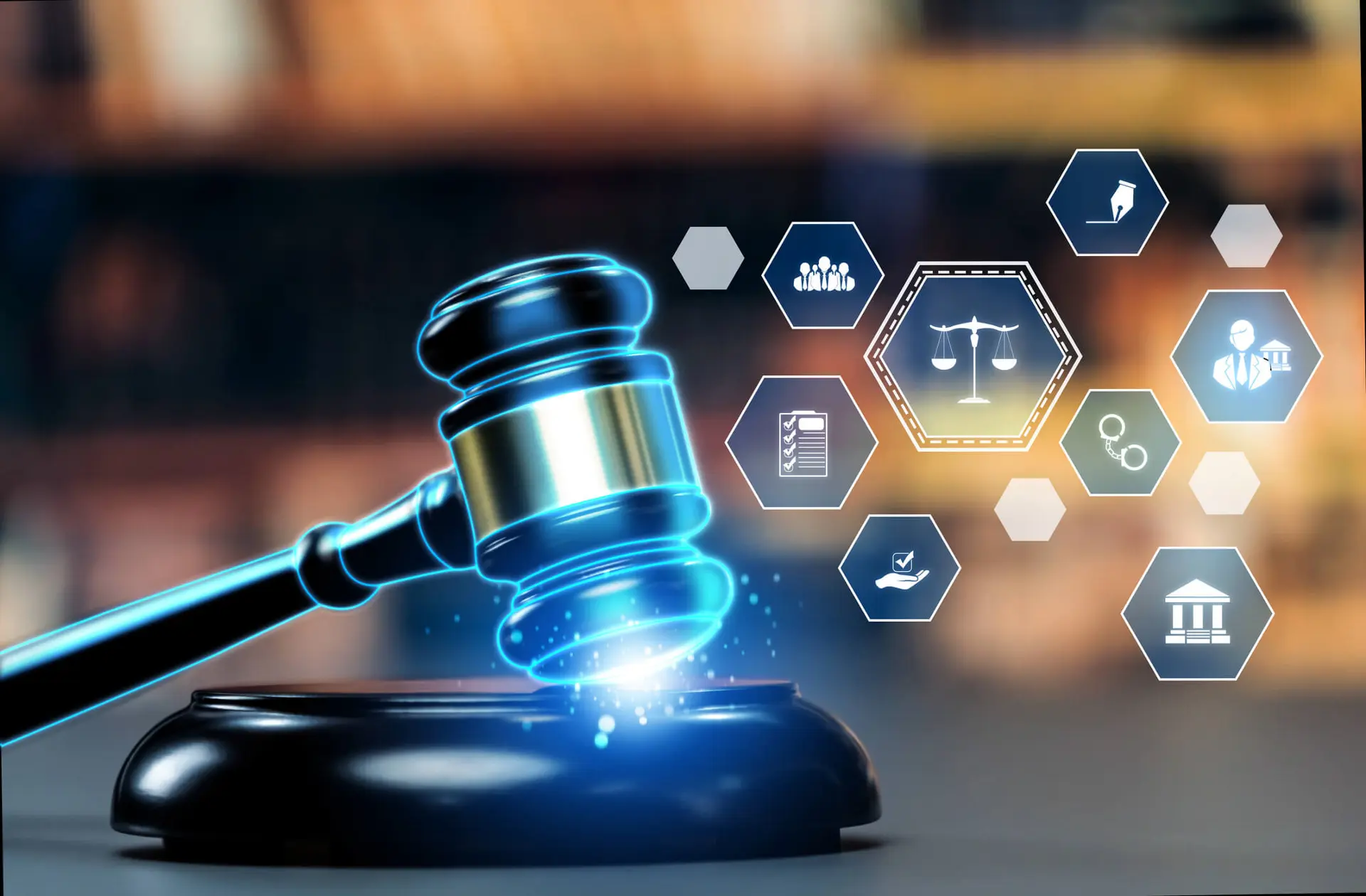In recent years, the Middle East has witnessed a surge in data protection regulations and privacy laws. Protecting data is no longer just a technical issue—it has become a legal obligation that requires organizations, including law firms, to follow strict standards ensuring privacy and transparency.
With new laws such as the UAE Personal Data Protection Law (PDPL), the Saudi Personal Data Protection Law (PDPL-KSA), and similar regulations in Qatar, Egypt, and Bahrain, law firms must now ask: how are these laws changing the way law firms operate in the region?
Expanding the Role of Law Firms in Data-Related Consulting
Law firms are increasingly required to provide consultation on compliance with data protection requirements, especially for corporations and institutions handling sensitive customer and employee data. This includes:
- Drafting privacy policies.
- Reviewing contracts that involve data sharing.
- Ensuring clear consent mechanisms for data processing.
This has created new opportunities for law firms to broaden their services, opening doors for growth and specialization.
Restructuring Data Management Inside Law Firms
Law firms themselves are now directly subject to data protection laws. Given that they handle highly sensitive information (clients, cases, contracts…), they must:
- Implement advanced security systems.
- Store data in environments that comply with local regulations.
- Prevent unauthorized access or the sharing of information without consent.
Rising Demand for Legal Tech Solutions
Traditional methods are no longer sufficient. Law firms in the Middle East increasingly rely on specialized software such as Law Surface – Law Firm and Legal Management Software, which provides:
- Full encryption aligned with ISO 27001 certifications.
- Smart client and case management with controlled access rights.
- Single-login enforcement to prevent account misuse.
- A 14-day free trial to explore all features before subscribing.
With these capabilities, Law Surface can confidently be described as the strongest software in the Middle East without rival, combining legal management with digital security.
Artificial Intelligence and Data Protection
Artificial Intelligence is also shaping how law firms address data compliance:
- Identifying risks in contracts that may lead to privacy violations.
- Quickly analyzing privacy policies and suggesting modifications.
- Providing a virtual legal assistant to answer compliance-related questions.
- Accurate legal translations to ensure cross-border compliance.
Q&A
How do data protection laws change law firm operations?
They reshape how files are managed, make digital security a top priority, and create new opportunities for legal consulting services.
Are law firms in the Middle East directly bound by these laws?
Yes, especially since they deal with highly sensitive personal data, which places them under the same obligations as corporations.
How does Law Surface help with compliance?
Through encryption, controlled access, secure login, and automated backups, ensuring data is always protected.
Data protection laws are no longer optional—they are a driving force transforming how law firms in the Middle East operate. From consulting to file management, from security to service development, compliance has become a key benchmark for success.
With integrated solutions like Law Surface, law firms in the region can achieve both regulatory compliance and operational efficiency, ensuring they remain leaders in an increasingly competitive market.





